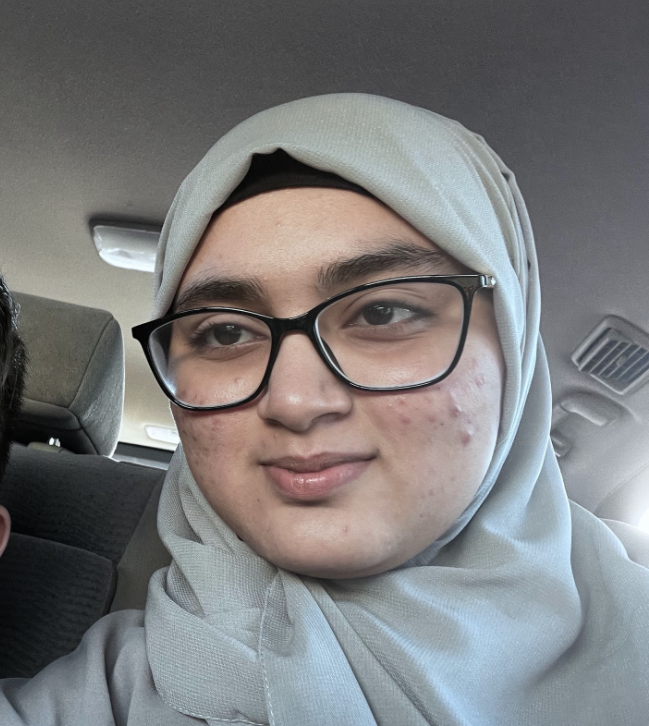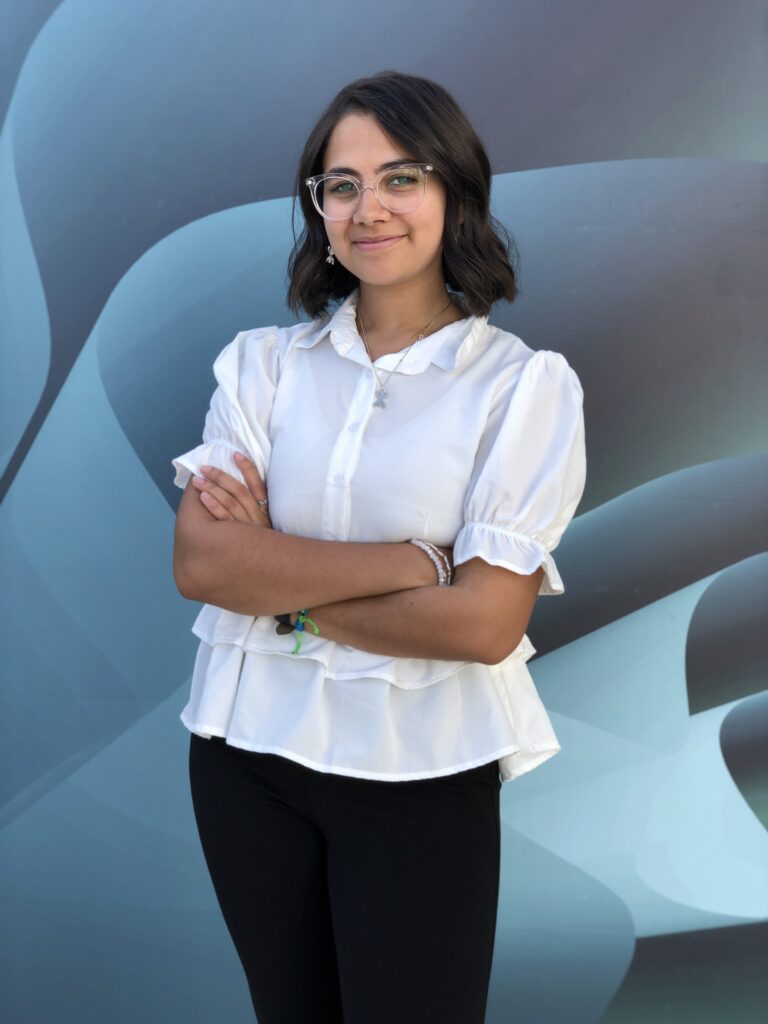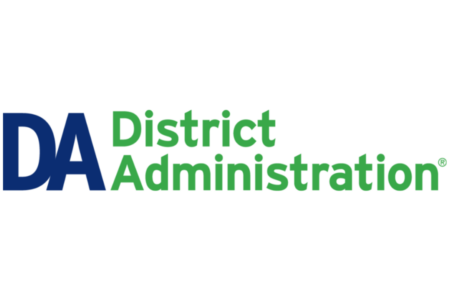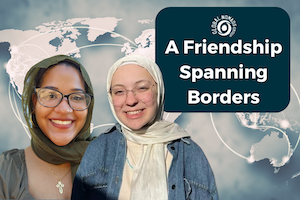33 youth.
17 countries.
1 course.
Global Nomads Group’s 2023 Content Creation Lab (CCL) cohort, in partnership with Ten Strands, is developing an inquiry-based curricular unit on land subsidence and climate change with an environmental justice focus. Our youth-led internship program aims to create an inclusive curriculum for seventh grade classrooms in California, potentially benefiting 400,000 middle school students annually. Among the seven design teams Ten Strands is working with, Global Nomads Group is the only youth-led design team participating in the curriculum development program with a large number of the interns in middle school themselves.
Innovative Environmental Curriculum
The curriculum’s focus on land subsidence and climate change with an environmental justice lens is crucial. It enables students to understand the impacts of human activities on the environment and the social implications of climate change while providing a platform to explore solutions to environmental issues, including sustainable agriculture and community resilience.
Specifically centered in California’s Central Valley, the learning unit is gamified (resembling a game) and communicated through an illustrated character that provides essential information and resources for students to answer the essential question of the unit: Why is the Central Valley sinking and what can be done about it? The curriculum also highlights the impact of colonization, Tulare Lake (known as the “phantom lake”), and the potential for food shortages to help students understand the interconnectedness between social and environmental issues.
Empowering Youth Voices
During their term, Global Nomads Group’s interns have quickly seen the differences between being a student and a content creator. They were introduced to backwards mapping, also known as backward design, a curriculum development approach created by educational advocate Grant Wiggins. Starting with big ideas and essential questions leading to desired learning outcomes, the interns worked backwards to create instructional plans and assessments aligning with those outcomes. This innovative approach ensures that the instructional components are tailored to specific learning goals while also being purposeful and meaningful for students.
With an investigative approach, our interns are creating a dynamic, interactive, and engaging learning experience. Throughout the first half of the internship, they have made significant progress towards creating the learning unit: conducting extensive research, delving into environmental justice issues, and identifying resources in response to potential student questions throughout the unit.
“It’s like a reversal of roles. As a student I ask myself often about why we’re learning something. As a content creator, I know every aspect of the journey and I know the real life consequences of the information we’re including in the curriculum. I enjoy having control over the information given and hope other students will enjoy it as much as I enjoyed making the curriculum,"

By considering the perspectives of the learners, our interns aim to create a unit that not only provides information but also fosters a sense of curiosity, engagement, and relevance. As Khadija shared, this role reversal has empowered the interns to appreciate the impact of their work and cultivate a genuine passion for educational content creation.
Learning through Challenges
Divided into four teams, our interns have the opportunity to understand the content design process from beginning to end while navigating real world problems. Each team faces unique challenges with members being in different countries, time zones, and phases of life, but the members are supporting each other and overcoming setbacks. Additionally, they are learning how to use technology effectively to collaborate with their peers, problem solve, and work productively.

“[One of the most challenging things is] being able to attend meetings because I am a full time student and work in an environmentalist organization part time and I also just moved abroad, so it's all just hitting me.“
The CCL’s youth-centered approach supports youth to have control over the information being developed and taught, and encourages a love of learning. Throughout the experience, interns gain valuable perspective on the curriculum development process and educator roles.
“As a content creator, I realized that there is way more behind-the-scenes work than I would have ever imagined. I understood the importance of incorporating all perspectives into curriculum design. It is also inspiring how there are considerations for people who learn differently or have certain disabilities.”
As interns progress through the internship, they are enhancing their empathy, 21st century skills, global awareness, action orientation and sense of connection.
What’s Next
Moving toward program completion in late Spring 2023, our interns will focus on piecing together a cohesive and comprehensive curriculum. The team will continue to review the curriculum and lessons for accessibility, an ongoing process to ensure every student, regardless of their abilities, can fully participate in the learning experience.
We are proud of our interns’ accomplishments during the first half of their internship and eagerly anticipate their continued collaboration for the final unit, empowering themselves, and the students they are designing for, to become more active and informed global citizens.
Learn more about the Content Creation Lab here.
Global Nomads Group’s Content Creation Lab 2022 Cohort actively created four new Student to Word courses focusing on the important theme of Careers for a Just & Sustainable World: Architecture, Film & Media, Finance, and Medicine & Scientific Research.



